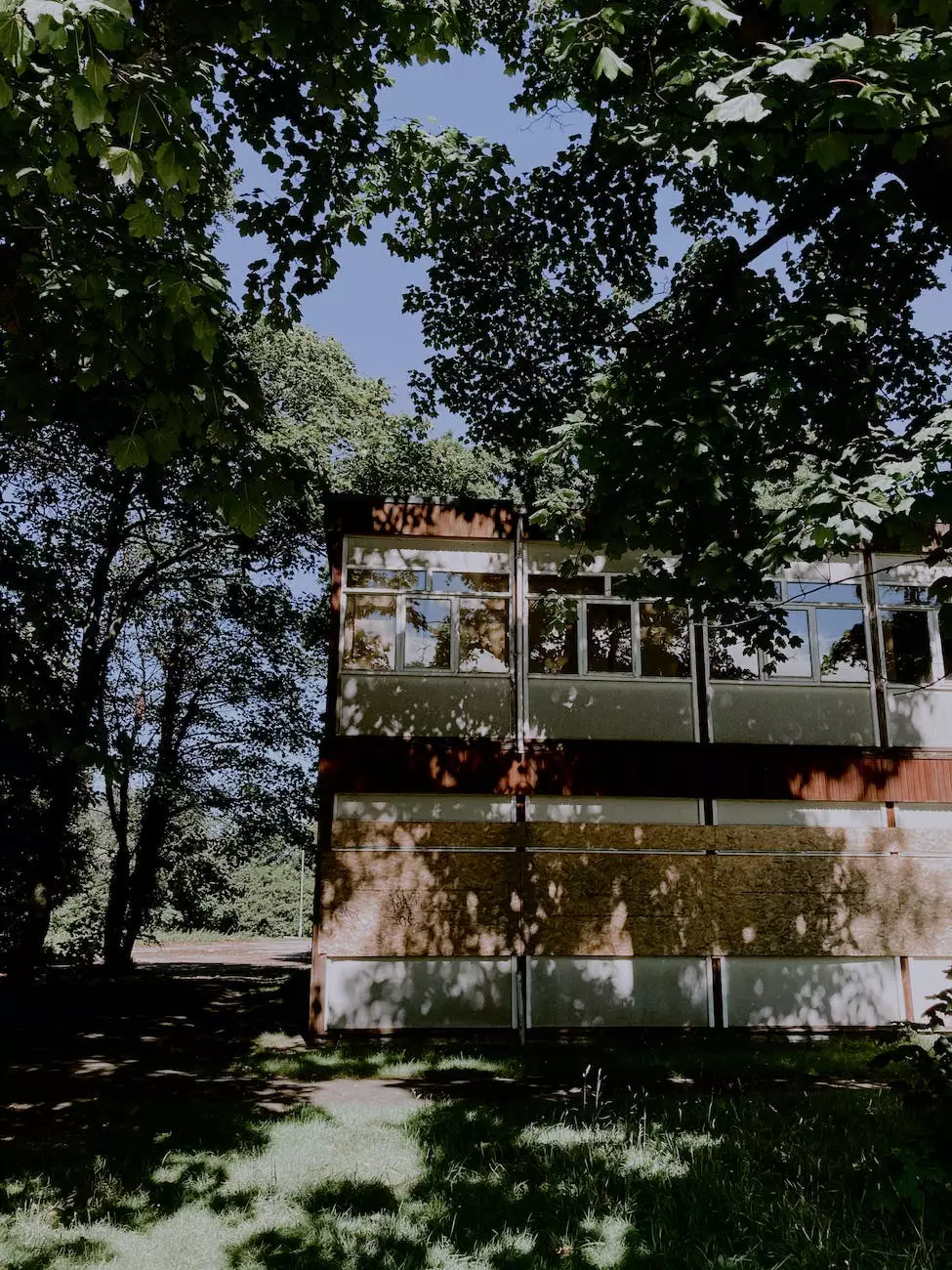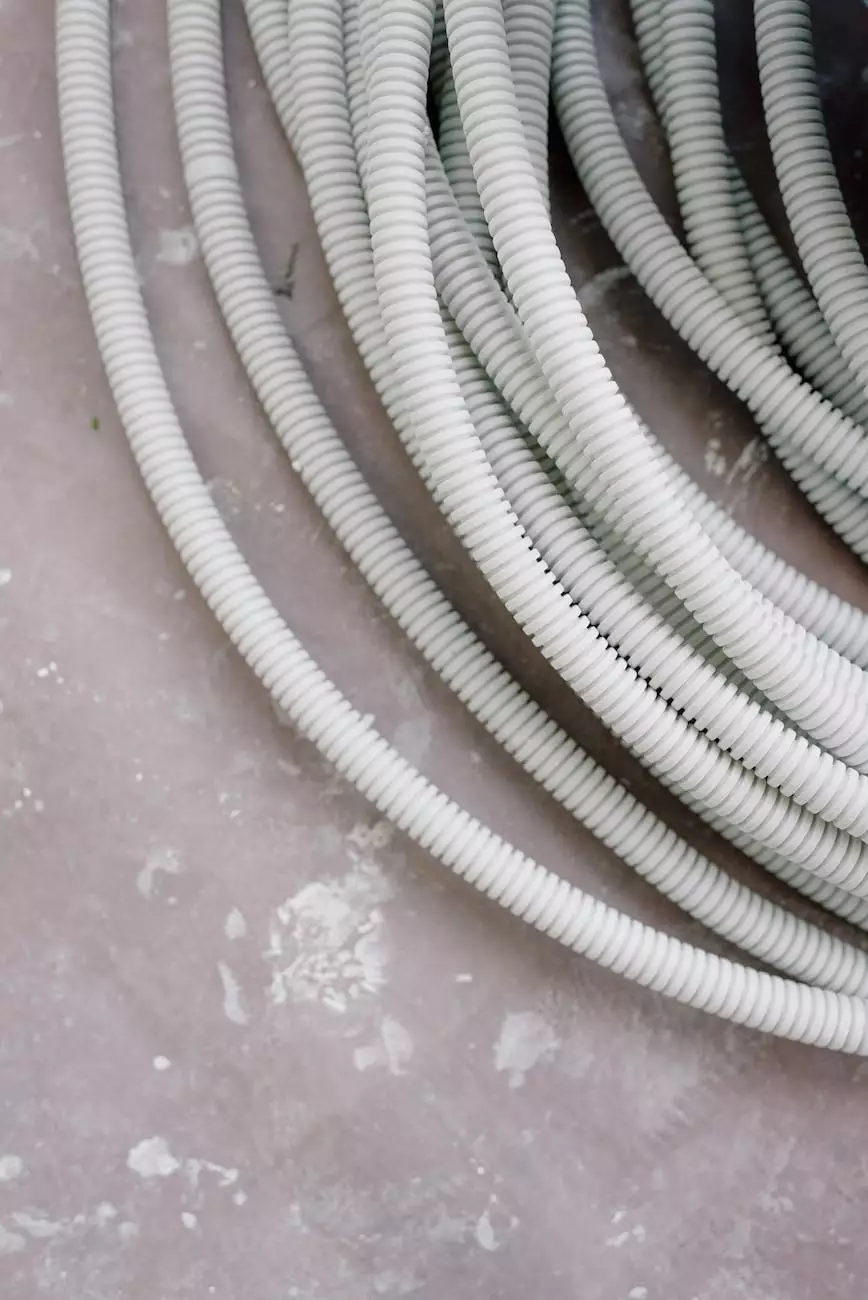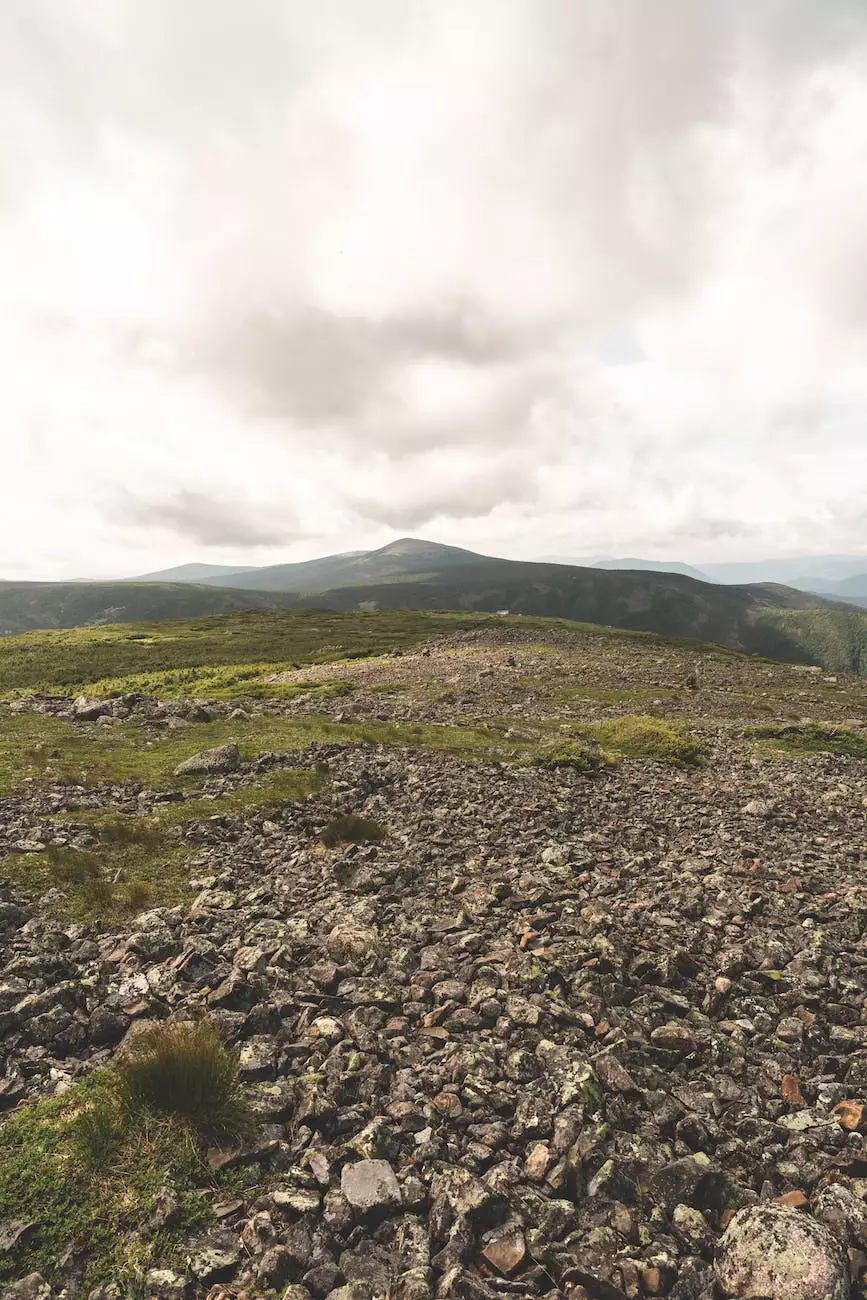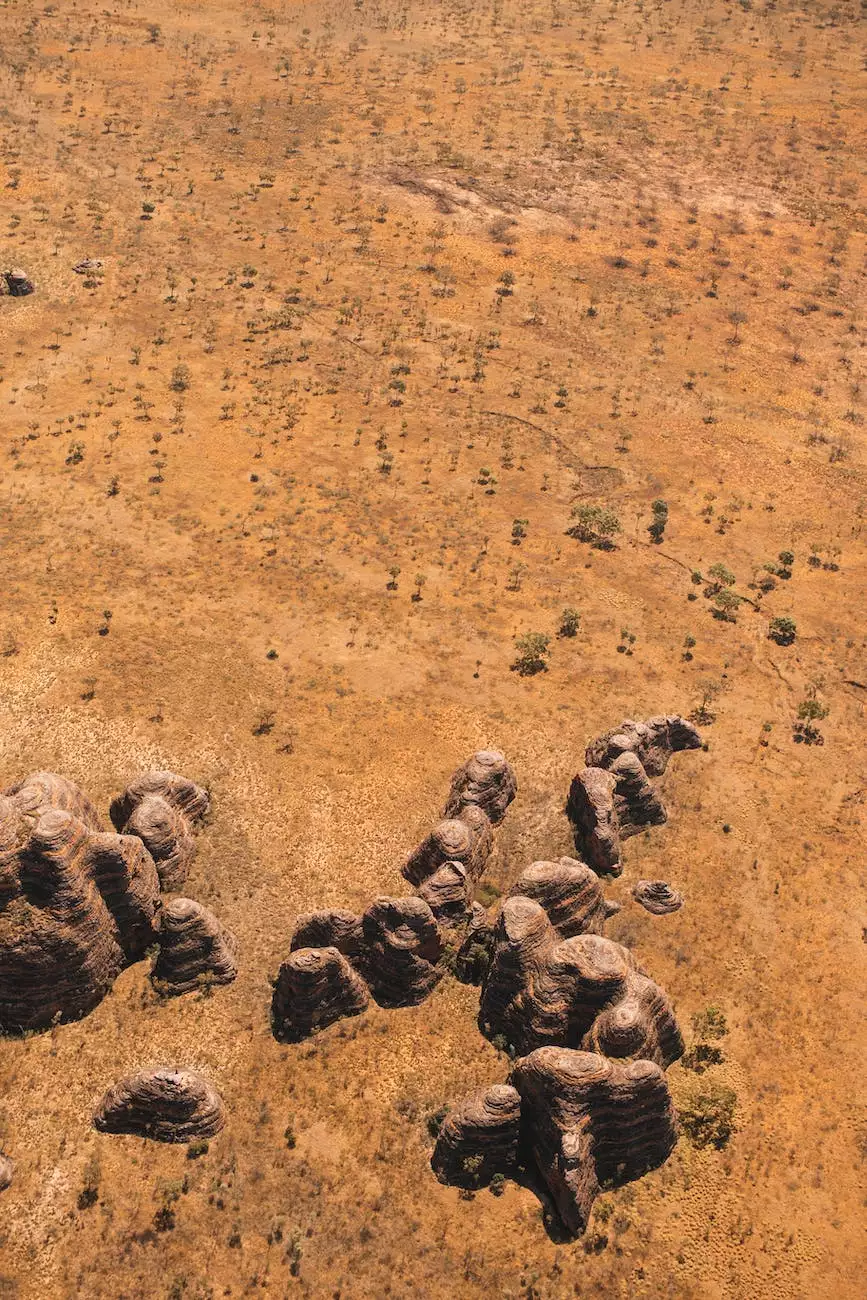New Mexico Gardeners, Avoid Adding Wood Ash to Your Garden or Compost
Blog
Understanding the Potential Negative Impacts
Gardening is a rewarding activity, and as a New Mexico gardener, you may be looking for ways to improve your soil's fertility and pH balance. While many organic materials can be beneficial for your garden, wood ash is one that you should avoid.
Wood ash is the residue left behind after burning wood or certain wood-based products. It is commonly marketed as a source of potassium and other essential minerals, but its use in the garden can have unintended consequences.
The Alkaline Effect on Soil pH
One of the primary issues with wood ash is its alkaline nature. The pH of wood ash can be highly variable, but it is typically around 10-12 on the pH scale. This high pH level means that wood ash is highly alkaline, which can have detrimental effects on your soil's pH balance.
New Mexico soils are naturally alkaline, and adding wood ash can further increase the pH, making it excessively alkaline. Most plants prefer a slightly acidic to neutral pH range (around 6-7). When the soil becomes too alkaline, it can hinder nutrient uptake by your plants, leading to nutrient deficiencies and poor growth.
Impact on Soil Structure and Composition
In addition to the pH issues, wood ash can also impact the physical properties of your soil. Wood ash is rich in calcium, which can bind soil particles together, creating a compacted and less aerated soil structure.
A well-aerated soil is crucial for healthy root development and the exchange of gases between roots and the atmosphere. When the soil becomes compacted, it restricts root growth and reduces overall plant vigor. This can result in stunted growth and susceptibility to diseases and pests.
Alternatives to Wood Ash
Now that we understand the potential negative impacts of wood ash, let's explore alternative methods to improve your soil's fertility and pH balance:
1. Organic Compost
Composting is an excellent way to enrich your soil with organic matter. By composting kitchen scraps, yard waste, and other natural materials, you create a nutrient-rich product that improves soil structure, retains moisture, and enhances microbial activity. This is a much safer and more balanced approach compared to using wood ash.
2. Organic Fertilizers and Soil Amendments
There are various organic fertilizers and soil amendments available that are specifically formulated to meet the nutritional needs of different plants. Look for products that contain essential nutrients like nitrogen, phosphorus, and potassium, along with trace elements, which can be beneficial for your plants.
3. Soil Testing and pH adjustment
Regular soil testing is essential in determining the pH level and overall nutrient composition of your soil. Based on the test results, you can make informed decisions about adjusting the pH using natural and organic methods, such as adding compost, elemental sulfur, or other soil acidifiers as recommended by soil testing professionals.
Conclusion
As a New Mexico gardener, it's important to be mindful of the impact certain practices can have on your garden's health. While wood ash may seem like a natural solution for increasing soil fertility, its alkaline nature and potential negative effects on pH balance and soil structure make it an unsuitable choice.
Instead, focus on improving your soil through organic composting, using appropriate organic fertilizers and soil amendments, and regularly testing and adjusting pH levels. By following these alternative practices, you can create a thriving garden while avoiding potential risks associated with wood ash.
For all your gardening and landscaping needs, trust Christopher Padilla Creative Designs. As experts in the field, we offer a range of services including website development, business and consumer services, and much more. Contact us today for personalized assistance and solutions tailored to your requirements.










